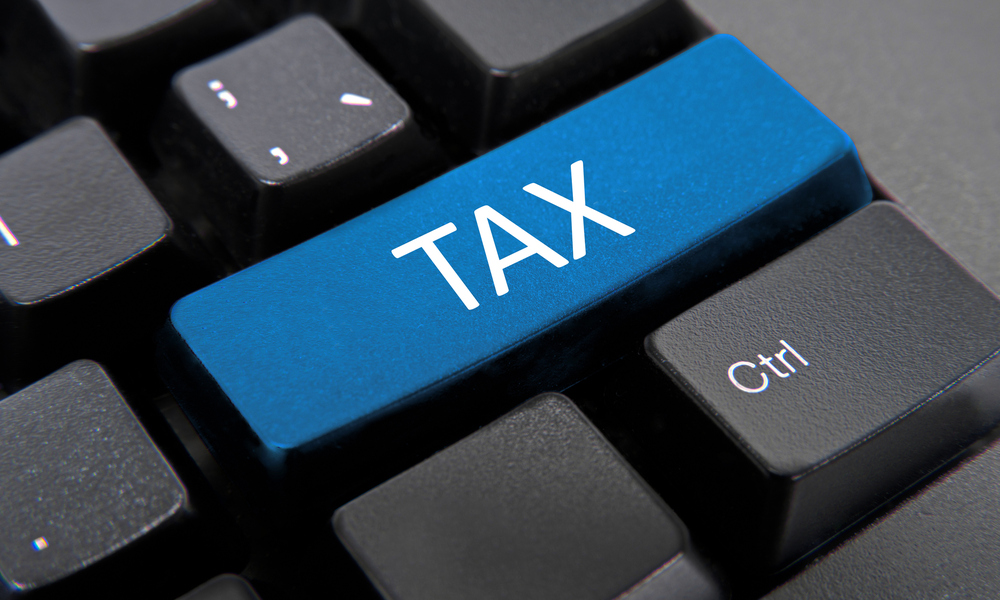
Associations Concerned as Digital Ad Tax Bills Proliferate at State Level
Media outlets, tech companies, and other organizations that offer digital advertising and collect customer data—including associations—are challenging a slew of new tax bills arising in statehouses around the country.
With the COVID-19 pandemic exerting enormous budget pressure on state and local governments, more states under tight fiscal restraints are looking to raise revenue by taxing online advertising.
Taxing internet ads could raise a lot of money, but business groups strongly oppose the proposals, citing free speech concerns and the negative impact the tax would have on businesses hard hit by the ongoing pandemic and on news organizations that rely heavily on revenue from digital ads.
Leading the way on digital advertising tax plans is Maryland, where Democratic state legislators came up with a proposal at the beginning of last year to levy as much as a 10 percent excise tax on revenue companies receive from selling digital ads that target Maryland IP addresses. Last spring, Maryland Gov. Larry Hogan (R) vetoed the proposed ad tax, which he said was “misguided” and would likely be passed along to Maryland consumers. But earlier this month, state lawmakers adopted the tax, overriding the governor’s veto, seeking to raise about $250 million a year to pay for local education reform initiatives.
The U.S. Chamber of Commerce, the Internet Association, and two other technology trade groups, NetChoice and the Computer and Communications Industry Association, quickly filed a lawsuit, arguing that Maryland’s tax is unfair because it targets only online advertising, not ads that appear in print or on television. Opponents also said the tax would violate the federal Permanent Internet Tax Freedom Act, which prohibits states from enacting “discriminatory taxes on electronic commerce.”
While this legal battle plays out, roughly a dozen other states—including New York, Massachusetts, Indiana, and Washington—are considering ways to tax tech companies and other businesses that advertise online and engage in consumer data collection. New York lawmakers are taking a different approach to the same goal, proposing an excise tax on the sale of personal information businesses collect from any state resident who visits their websites. This proposed bill would impact not just big tech companies but virtually any retailer that has a rewards program or otherwise keeps track of consumer preferences.
“In the last two years there has been an explosion of advertising and data taxes proposed at the state level,” said Dan Jaffe, group executive vice president of the Association of National Advertisers. “These taxes are extremely harmful to businesses as they hamper their ability to sell products and services, which is especially damaging given the current economic climate.”
ANA has formed a broad coalition of organizations, which includes ASAE, to combat these proposals.
(ozgurkeser/iStock/Getty Images Plus)






Comments